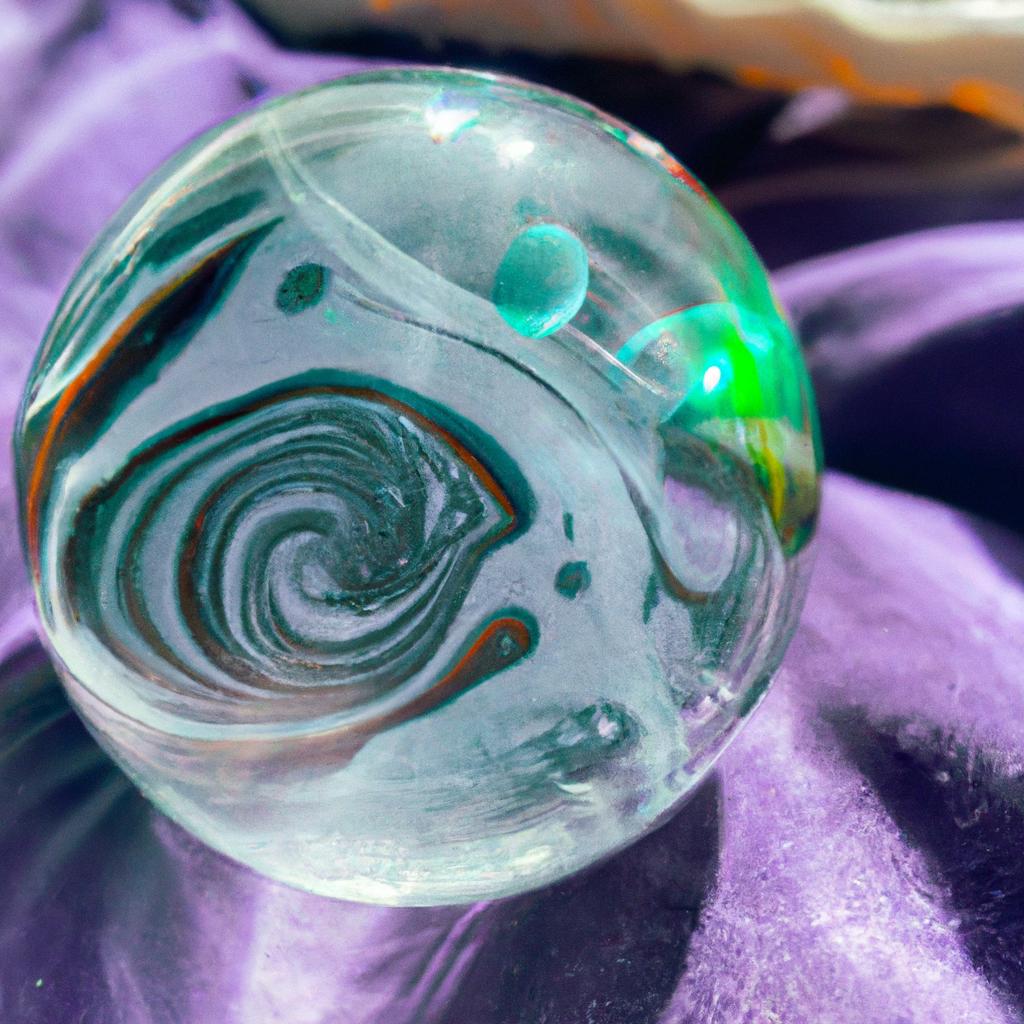Introduction: What is Acne and How Does it Cause Scars?
Acne is a skin condition that affects the skin’s oil glands. When these glands become clogged, it can lead to inflammation and pimples. Over time, if not treated, this can result in permanent scarring.
The most common type of acne scars are post-acne hyperpigmentation spots, which are discolored marks caused by a loss of pigment in the skin. These marks can last for months or even years. Minimizing the appearance of these marks is important for maintaining healthy skin and boosting self-confidence.
Overview of Treatment Options
Acne can present itself in many different ways, ranging from blackheads and whiteheads to more severe cysts. As the pimples heal, they often leave scars that can take a long time to fade away. In some cases, the scarring can be quite severe. Thankfully, there are a range of cosmetic treatments available to help reduce the appearance of acne scars.
- Chemical peels: Chemical peels use a solution containing chemicals like salicylic acid and glycolic acid which gently exfoliate the skin and stimulate collagen production. This helps to reduce redness, texture, and discoloration.
- Dermabrasion: Dermabrasion is a mechanical technique used to remove the upper layer of the epidermis. It can help to improve mild to moderate acne scarring, dark spots, and sun damage.
- Laser resurfacing: Laser resurfacing works by targeting the deeper layers of the skin with a laser beam. This helps to stimulate collagen production and encourages the skin to heal itself.
- Fillers: Fillers are used to fill in depressions and scars caused by acne. They can also be used to add volume to areas of the face, such as the cheeks and lips.
These treatments can help to reduce the appearance of acne scars, but it’s important to consult with a doctor or dermatologist before beginning any type of treatment program.
How to Prevent Acne Scars
When it comes to treating acne scars, prevention is key. There are a few key steps to follow to avoid scarring in the first place. First, never pop pimples or pick at any zits that form on the skin. This can cause the bacteria to spread and can also lead to more acne breakouts as well as scaring. Second, make sure to cleanse your face twice daily to keep dirt and oils from building up. If possible, use a gentle cleanser with natural ingredients so as not to irritate the skin even further. Lastly, if you experience severe and persistent acne, consult a doctor about potential medications that can help reduce outbreaks and minimize scars.
While there is no sure-fire way to prevent all acne scars, these techniques can help reduce their appearance and decrease the likelihood of permanent scaring.
Different Approaches to Treating Acne Scars
Acne scars are the blemishes left behind after a breakout. While it is not possible to completely erase these marks, there are several treatments available to reduce their appearance and improve the overall texture of your skin. Common treatments for acne scars include chemical peels, dermabrasion, laser resurfacing, and fillers.
In addition to these conventional treatments, there are also several natural remedies and skin care products you can use to help strengthen and enhance the skin’s ability to heal itself. Some of the most useful ingredients to look for in skin care products are retinol, salicylic acid, and willow bark extract, as they can help to speed up the healing process and reduce the appearance of scars.
Vitamins A, C, E, and K are essential for combating acne scars, and can help to reduce inflammation and redness. They can be found in many natural sources such as fruits, vegetables, and nuts. Antioxidants such as green tea, honey, and aloe vera are also helpful at repairing the damage caused by acne and providing nutrients to the skin.
Many people also find that herbal supplements, such as zinc, vitamin B complex, and seaweed extract, can help to speed up the healing process and keep your skin looking its best. It is important to speak with your doctor before starting any new supplement, as some can interact with medications.
Homecare Routine for Minimizing Scarring
Taking proper care of your skin while it is healing from acne scars is essential to attaining a better result. Here are some key points that you should incorporate in your homecare routine in order to minimize scarring:
- Make-up: Wear minimal makeup during the healing process, as heavy makeup can clog the pores and aggravate the condition.
- Dermabrasion: If needed, use exfoliators on the affected area gently, but avoid picking at the spots or scrubbing too hard to prevent further damage.
- Fiber oils: Applying specially formulated oils such as Vitamin E oil to the affected area can help to nourish and hydrate the skin, which can help to reduce the appearance of scarring.
It is important to note that patience is key when treating acne scars. While incorporating these steps into your routine can help minimize post-acne hyperpigmentation, results may not be immediate. Everyone’s skin is different, so some people may see results more quickly than others.
Aftercare: Maintaining Minimal Scarring
Once the healing process of acne scars has been completed, it is important to follow an aftercare routine to maintain minimal scarring.
First and foremost, use gentle cleansers and a mild moisturizer on your face. This will help keep the skin moisturized and prevent any further damage from environmental pollutants or excess oils.
When exfoliating, use a gentle scrub and do not scrub too hard. Scrubbing too hard can make the skin more sensitive and cause irritation or further damage.
It is also important to protect your skin in the sun. Sun exposure can cause skin darkening and further damage to acne scars. Wear sunscreen with SPF 30 or higher and limit sun exposure during peak times.
Finally, it is important to stay hydrated and eat a healthy diet. Drink at least eight glasses of water per day and eat plenty of fruits and vegetables. Eating a balanced diet helps promote healthy skin and will help prevent future breakouts.
By following an aftercare routine and regularly visiting a qualified dermatologist, you can ensure that your acne scars remain minimal.
Conclusion:
Acne is an incredibly common skin condition that can cause both physical and emotional distress. It is important to take proactive steps to prevent and reduce the appearance of scars resulting from acne. Treatment options can include cosmetic treatments, such as chemical peels or laser resurfacing, as well as homecare routines that focus on proper skin care and nourishment. Ultimately, following a consistent routine and seeking medical advice when needed to minimize the appearance of post-acne hyperpigmentation is the key to keeping your skin healthy and attractive.
comments: 0

